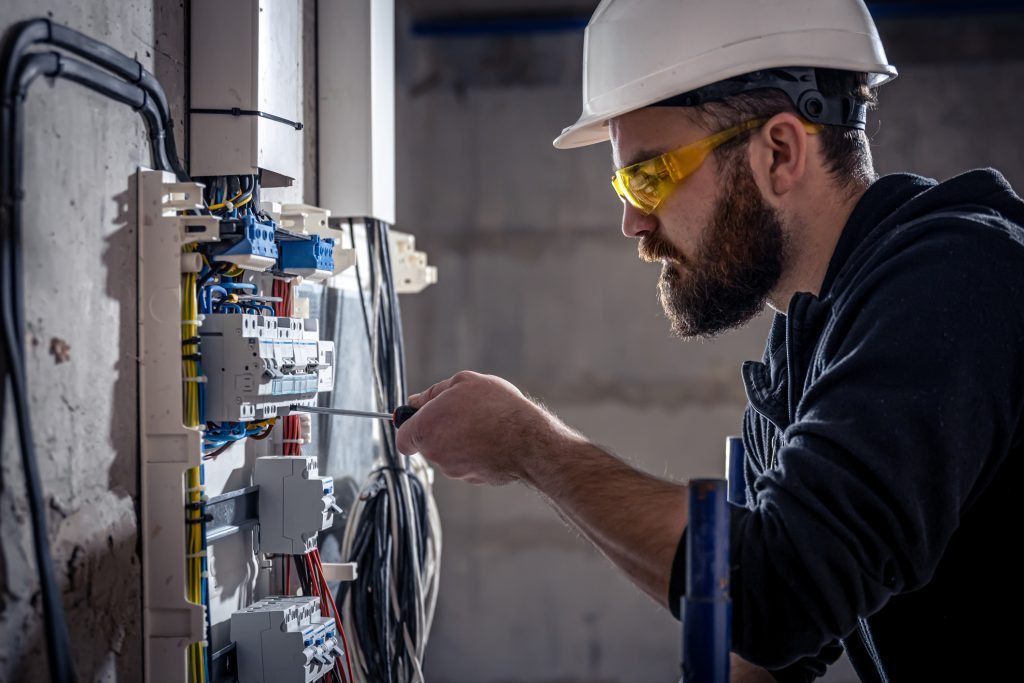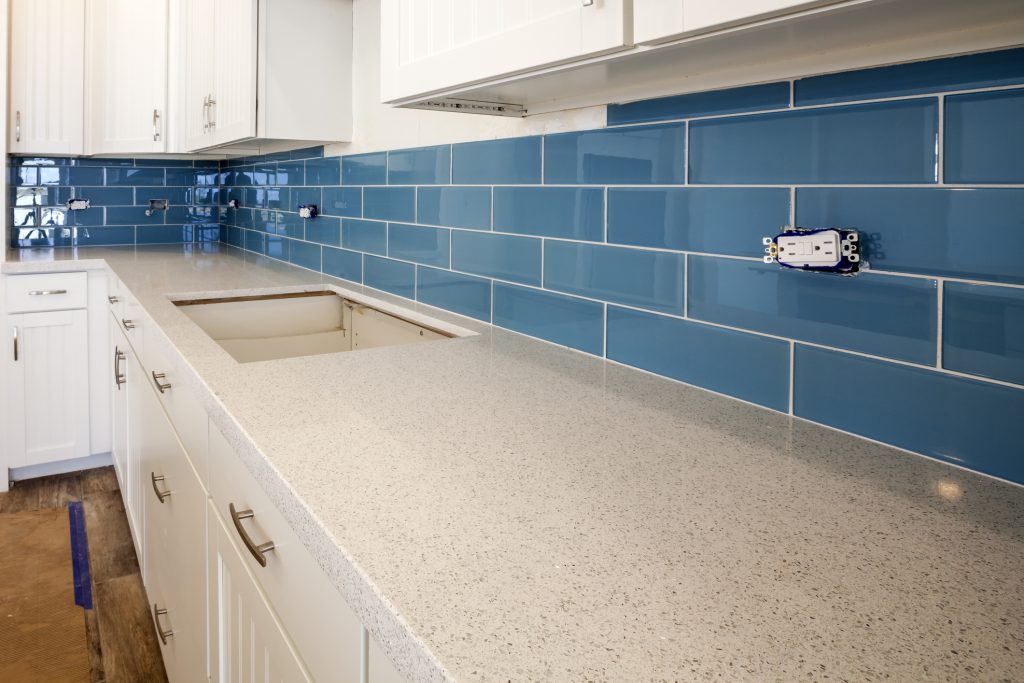The 2023 National Electrical Code (NEC) | 5 Big Changes Coming Soon!

By: Jerry Durham | Nov 28, 2022
The 2023 National Electrical Code (NEC) is here!
Every three years, 18 NEC Code Making Panels (CMPs) comprised of electrical equipment manufacturers, inspectors, installers, testing laboratories, and other electrical experts converge to flesh out the latest and greatest in safe installation techniques for the newest and most elaborate electrical technologies to-date.
JADE Learning is here, as the tip of the spear, to bring you five of the most radical changes found between the covers of the 2023 National Electrical Code (NEC).
1. Article 100, Definitions.
Article 100, Definitions, is now home to all definitions contained in the NEC. In the 2020 NEC, definitions were also located in XXX.2 sections of other articles. Those definitions applied only where the term was used in the article, and the terms were usually found nowhere else in the Codebook. In the 2023 NEC, all definitions are now located in Article 100, Definitions. Any definition exclusive to a single article now includes the article number in parentheses following the definition.
2. Section 110.17, Servicing and Maintenance of Equipment.
Section 110.17, Servicing and Maintenance of Equipment is brand-new to the 2023 NEC, and as part of Article 110, General Requirements for Electrical Installations, it applies to all types of service and maintenance work. This new Code section states that all service and electrical preventive maintenance work must be performed by qualified persons trained in the servicing and maintenance of electrical equipment. Section 110.17 also requires that service and electrical preventive maintenance be performed in accordance with the original equipment manufacturer’s instructions along with any information provided in the equipment listing, applicable industry standards, or as approved by the authority having jurisdiction (AHJ). All work must be performed using identified replacement parts.
Section 110.17 will keep us on our toes as we approach service and maintenance work in the 2023 Code cycle!

3. Section 210.8(A)(6), GFCI Protection for Personnel. Dwellings. Kitchens.
In the 2020 NEC, only kitchen receptacles serving countertops required ground-fault circuit-interrupter (GFCI) protection. That is no longer the case. In the new 2023 NEC, ALL 125- to 250-volt receptacles located inside a kitchen require GFCI protection. Yes, you heard correctly. Section 210.8(A)(6) in the 2023 NEC, requires ground-fault protection for all receptacles installed in the kitchen, regardless of their location or purpose!

4. Section 210.18, Branch Circuits Not Over 1000 Volts ac…Ratings.
Until the release of the 2023 NEC, the smallest branch circuit recognized by the NEC for power and lighting loads has been 15-amps, but that has all changed for the 2023 Code cycle. The NEC now recognizes 10-ampere branch circuits for select power and lighting loads! This is ground-breaking for the NEC and the industry as a whole. This transition by the NEC to recognize 10-amp branch circuit conductors and overcurrent devices is likely in response to the availability of new higher efficiency lighting systems.
In addition to this new Code section, NEC Section 210.23, Permissible Loads, Multiple-Outlet Branch Circuits, clarifies the topic further by granting permission for 10-amp branch circuits to supply one or more of the following loads:
- Lighting outlets
- Dwelling unit exhaust fans on bathroom or laundry room lighting circuits
- Gas fireplace units supplied by an individual branch circuit
The Section goes on to expressly prohibit receptacle outlets, fixed appliances (except as permitted elsewhere), garage door openers, and laundry equipment from utilizing these newly recognized 10-amp branch circuits.
5. Section 210.52(C)(2), Dwelling…Receptacles… Island and Peninsular…
Hold on to your hats—because the 2023 NEC no longer requires receptacle outlets to serve kitchen islands and peninsulas in dwelling units!
In the 2020 NEC, electricians were required to go the extra mile, installing one outlet to serve the first 9 square feet of island or peninsula countertop, and an additional outlet for every 18 square feet thereafter. In the 2023 NEC, the Code section has been radically altered to say:
Receptacle outlets, if installed to serve an island or peninsular countertop or work surface, shall be installed in accordance with 210.52(C)(3). If a receptacle is not provided to serve an island or peninsular countertop or work surface, provisions shall be provided at the island or peninsular for future addition of a receptacle outlet to serve the island or peninsular countertop or work surface.
It will be up to the authority having jurisdiction (AHJ) as to what constitutes “provisions” for adding a future receptacle outlet, since the NEC doesn’t specify. But it will be up to the homeowner to respond peaceably to the idea of not having a receptacle outlet on their new kitchen island or peninsula. Just because the Code says we can, doesn’t necessarily mean we should. Contractors may want to tread lightly around this radical change from the NEC!
Want to See More?
To see more information about these five exciting new Code changes, and 195 additional Important Changes to the 2023 NEC, sign up for JADE Learning’s upcoming 2023 NEC Changes continuing education course.


When will you have classes for the 2023 NEC
We have launched our first courses and will continue releasing them throughout the year (depends on the state for approval!)
In Wisconsin is the 2017 NEC course the only one that’s available at this time? When will 2020 NEC courses be available in Wisconsin?
Thanks,
John
John,
We are waiting on Wisconsin to adopt a newer code- we are unable to offer new courses there until that happens.
when is the class coming ?
Dominic- it depends on your state. Different states approve the courses at different rates. We will be releasing courses all year as they are approved.
I.would.have.gotten.rid.#6.and.used.#7.for.countertops.I.feel.6.feet.away.is.far.enough
How much is the class, also how long are the classes? days or couple hours daily every other day.
It depends what state you are taking continuing education for.
You can work on the course a couple hours every day or over a few weeks- whatever works for you!
No it does not state every outlet in the kitchen, it states outlets which in 6 feet of a sink must be GFCI, or GFCI protected.
Sounds like Aceman needs to put down his 2014 codebook and sign up for these classes.
lol
I wanna take part of the classes. More info, cost?
Adrian,
It depends on what state you are licensed in – all of our available courses are online at http://www.jadelearning.com/all-courses
Remember that the NEC and local amendments to it are the very minimum requirements for protection of persons and property (electrical shock, fire). Performing electrical work exceeding these minimums is allowable and often times an even better and safer installation. Arguing for bare minimum requirements isn’t smart.